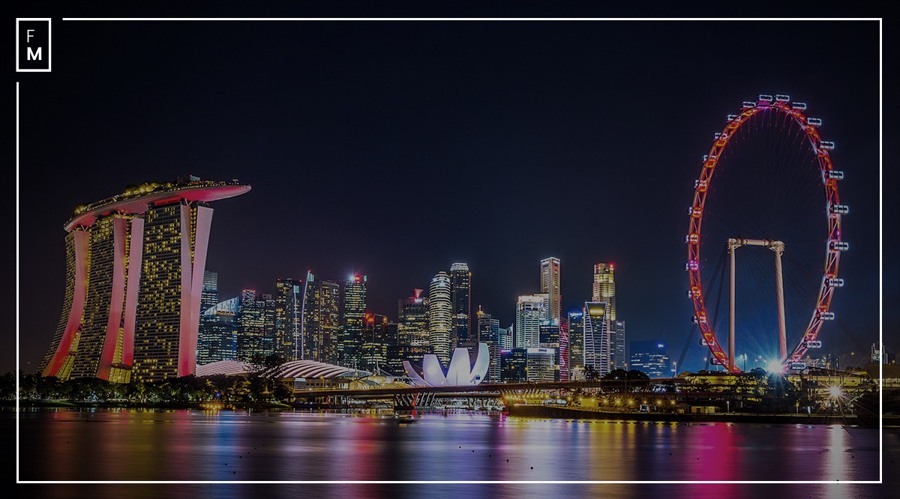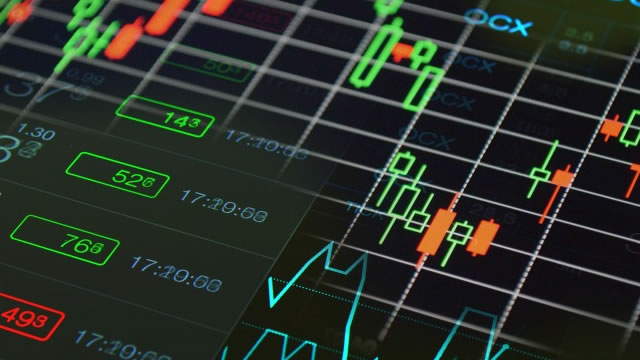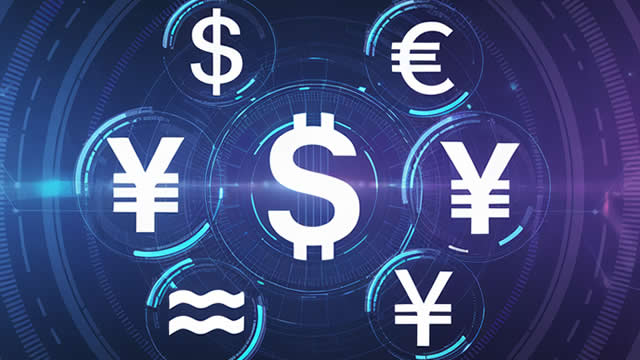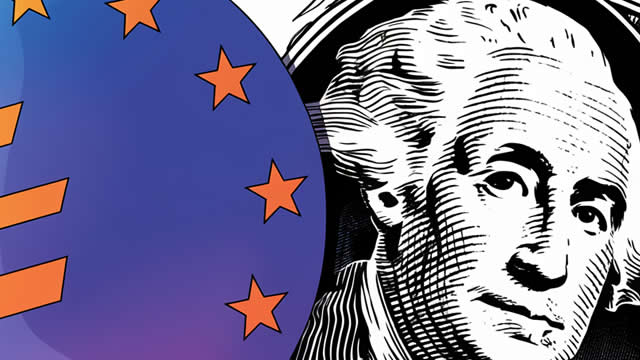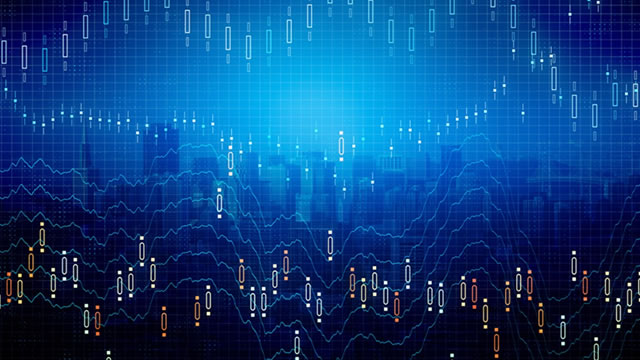Driving Innovation in the Financial Sector
The Latest in Asset Tokenization: Deutsche Bank Joins MAS Project Guardian
Have you heard the news? Deutsche Bank has hopped on board the Monetary Authority of Singapore’s (MAS) Project Guardian, a groundbreaking effort to explore the potential of asset tokenization in the financial markets. If you’re scratching your head at the term “asset tokenization,” don’t worry – you’re not alone. Let’s break it down in simple terms.
Asset tokenization involves converting the ownership of physical assets into digital tokens on a blockchain. This innovative approach has the potential to revolutionize the way assets are bought, sold, and traded in the financial industry. By participating in Project Guardian, Deutsche Bank is diving headfirst into the world of asset tokenization – and the possibilities are endless.
Why It Matters
So, why should you care about Deutsche Bank’s involvement in Project Guardian? Well, for starters, this collaboration is a clear sign that major players in the financial sector are embracing new technologies and driving innovation. By exploring the potential of asset tokenization, Deutsche Bank is positioning itself at the forefront of a digital revolution that could transform the way we interact with financial assets.
But it’s not just about staying ahead of the curve – it’s also about creating new opportunities for investors, businesses, and consumers. Asset tokenization has the power to make financial markets more accessible, transparent, and efficient. Imagine being able to buy shares in a piece of real estate or a rare piece of art with just a few clicks on your phone. That’s the future that Deutsche Bank and MAS are working towards.
And let’s not forget the impact on security and compliance. By digitizing assets on a blockchain, companies like Deutsche Bank can ensure greater security and transparency in transactions. This not only reduces the risk of fraud and errors but also streamlines regulatory processes, making it easier for businesses to comply with industry standards.
How This Will Affect You
So, how will Deutsche Bank’s participation in Project Guardian impact you, the everyday consumer? Well, for starters, you can expect to see more opportunities to invest in a wider range of assets, from real estate to fine art. Asset tokenization opens up doors for retail investors to access markets that were previously out of reach, providing a more inclusive and diverse investment landscape.
Additionally, asset tokenization could make transactions faster, more secure, and more transparent. This means you can buy, sell, and trade assets with greater ease and peace of mind, knowing that your investments are protected by cutting-edge technology.
How This Will Affect the World
On a global scale, the adoption of asset tokenization has the potential to revolutionize the financial industry. By digitizing assets and streamlining transactions, companies like Deutsche Bank can drive efficiency, reduce costs, and improve access to capital for businesses around the world.
Furthermore, asset tokenization could pave the way for a more interconnected and transparent financial ecosystem. With assets represented as digital tokens on a blockchain, the potential for cross-border transactions and collaborations becomes limitless, opening up new opportunities for growth and innovation on a global scale.
Conclusion
In conclusion, Deutsche Bank’s involvement in MAS Project Guardian marks a significant step towards driving innovation in the financial sector. By exploring the possibilities of asset tokenization, Deutsche Bank is not only embracing new technologies but also creating new opportunities for investors, businesses, and consumers alike. The future of asset tokenization looks bright, and we can’t wait to see where this digital revolution takes us.

